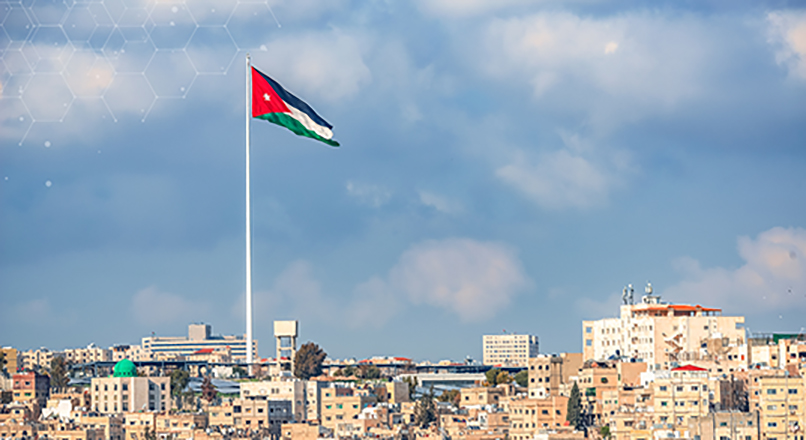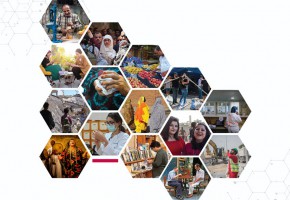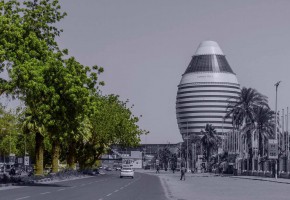
Facilitators and barriers to realizing the right to health in Jordan - Hamza Al Duraidi, PhD
Hamza Alduraidi
This research is a part of the Arab Watch Report 2023 on the right to Health.
Facilitators and barriers to realizing the right to health in Jordan - Hamza Al Duraidi, PhD
Please click here to download the full report.
Introduction
National Context
The Hashemite Kingdom of Jordan, whose capital is Amman, is an Arab country located in the eastern Mediterranean region in West Asia. Jordan covers an area of about 89 thousand square kilometers. It is bordered to the north by the Syrian Arab Republic, to the northeast by the Republic of Iraq, to the east and south by the Kingdom of Saudi Arabia, and the west by the occupied Palestinian territories. Jordan has a population of over 11 million, of whom approximately 38% live in the capital.
Administratively, Jordan is divided into 12 governorates (Figure 1), four of which (Irbid, Mafraq, Jerash, and Ajloun) make up the northern region, and four (Amman, Balqa, Zarqa, and Madaba) form the central part. The remaining four (Karak, Tafila, Ma'an, and Aqaba) comprise the Southern Region, with the widest area and the fewest people. Moreover, 750,000 of the country's population are refugees, mostly Syrians concentrated in the Central and Northern regions. Figures also indicate that there are at least a million and a quarter non-Jordanian residents who are not refugees, primarily of Arab nationalities, such as Egyptian, Palestinian, and Iraqi.
The Jordanian state was established in 1921 at the end of World War I under the name "Emirate of Transjordan". It remained under British mandate until its independence in 1946 after World War II. The state's name was changed to "The Hashemite Kingdom of Jordan" under the rule of the founding king, Abdullah I Ibn Al-Hussein. King Abdullah I Ibn Al-Hussein was succeeded by his descendants and in 1999 the throne was inherited by King Abdullah II Ibn Al-Hussein. The system of government in Jordan is a representative, constitutional monarchy, as stipulated in the 1952 Jordanian Constitution, where the King is the head of the state and heads the executive branch. In 1955, Jordan joined the United Nations and was one of the founding countries of the League of Arab States in 1945 (2022 وكالة الأنباء الأردنية (بترا)).
Water and electricity lines reach more than 95% of Jordanian homes, while the sewage network connects only two-thirds of homes. Education in Jordan is compulsory and free up to the tenth grade. Jordan has the highest education rate in the Middle East and a literacy rate of 95%. Notably, Jordanians spend the most on university education out of all Arab counties, as nearly 200,000 students are enrolled in 23 Jordanian public and private universities, in addition to 20,000 others receiving their university education abroad.
Jordan is classified as a low-income country, with a per capita GDP of approximately 1,640 dinars (≈ 2,300 USD). However, according to government figures in 2022, it suffers from high unemployment rates (22.6%) and poverty (24.1%). Moreover, Jordan suffers from a scarcity of fossil energy resources such as oil and natural gas. It is also one of the poorest countries in the world in terms of freshwater resources. The per capita share of water is 156 cubic meters annually, compared to the global water poverty line of 1,000 and the global absolute water scarcity line of 500 cubic meters per year per person (2022 وكالة الأنباء الأردنية (بترا)).
Hamza Al Duraidi, PhD
Please click here to download the full report.
This research is a part of the Arab Watch Report 2023 on the right to Health.
Recent publications

ANND Newsletter January 2026 - From Davos to the UPR: Between Promises, and Accountability
Related publications


